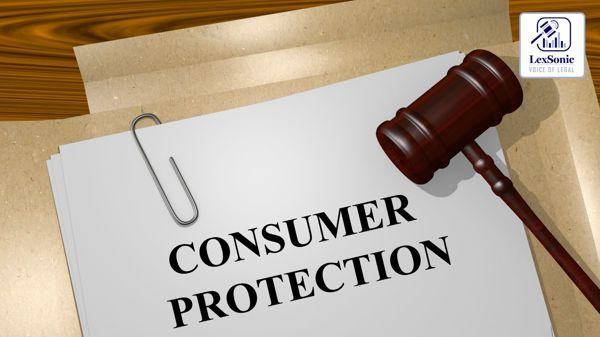Supreme Court Says "Lights, Camera, No Action!" on Movie Trailer Lawsuits.
22 April 2024
Civil Appeals >> Civil & Consumer Law | Consumer Law >> Civil & Consumer Law
Do you ever get excited about a movie after watching the trailer, only to be disappointed by the final product? What if a song you loved in the trailer was missing from the film entirely? Can you sue the producer for misleading you? In a recent case, the Indian Supreme Court weighed in on this question, offering some clarity for both moviegoers and filmmakers.
Facts:
A movie producer released a trailer for their new film that included a catchy song. A viewer, after watching the trailer and enjoying the song, decided to take their family to see the movie. However, to their surprise, the song was nowhere to be found in the final film. Feeling deceived, the viewer filed a consumer complaint alleging that the trailer constituted a "deficiency in service" and "unfair trade practice."
Lower Courts Ruled for the Viewer:
Initially, the viewer's complaint was dismissed. But on appeal, a state consumer commission sided with the viewer and awarded compensation for mental harassment. This decision raised questions about the legal implications of movie trailers and the expectations they create.

Supreme Court: Trailers Aren't Promises
The Supreme Court overturned the lower court's decision. They clarified that promotional trailers are a form of advertisement, protected under freedom of speech. Trailers can use creative elements to entice viewers, and they don't guarantee that everything shown will be included in the final film. There's no contract formed simply by watching a trailer.
When Does a Trailer Become Unfair?
The court established that for a trailer to be considered "unfair trade practice," it would need to contain a misleading or deceptive statement. Simply omitting a song from the final cut wouldn't qualify. Additionally, the court recognized the inherent creative freedom filmmakers have in shaping their artistic work. Trailers for movies, unlike advertisements for everyday products, deserve more leeway due to this artistic element.
So, What Can You Do as a Viewer?
While the Supreme Court's decision protects filmmakers' creative control, it doesn't mean moviegoers have no recourse. Trailers can still be misleading if they contain false information about the film's content, genre, or plot. In such cases, viewers might have grounds for legal action.
The takeaway? Trailers are meant to pique your interest, not guarantee every detail of the movie. But if a trailer blatantly misrepresents the film, viewers may still have some legal options.
